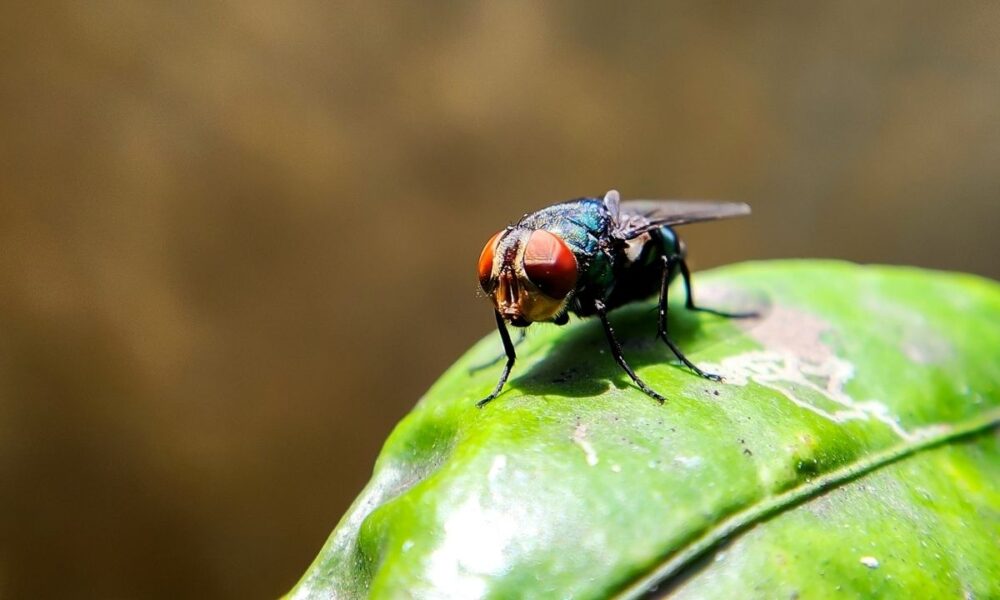The Department of Health and Human Services has confirmed the first human case of the flesh-eating New World screwworm parasite in the United States.
Early Monday morning, HHS said the case originated from an individual who recently travelled to El Salvador. The case was confirmed to be screwworm by the Centers for Disease Control and Prevention on August 4, HHS spokesman Andrew G. Nixon told Reuters.
The news of the human infection comes just days after the U.S. announced it was investing hundreds of millions of dollars to construct a factory in southern Texas that will be used to breed sterile flies to combat the parasite. As reported in The Dallas Express at the time, Secretary Brooke Rollins said the U.S. Department of Agriculture plans to produce and release the sterile male New World screwworm flies into the wild within a year.
The parasite, which is the larvae of the New World screwworm fly, has the potential to devastate the U.S. cattle industry. The screwworm has already proliferated in parts of Central America, prompting the United States to shut the border to cattle, horse, and bison imports from Mexico.
While the parasite can be deadly for cattle and even infect pets, Nixon says the risk to public health in the U.S. currently remains “very low,” per NBC News.
Earlier in August, the HHS issued a declaration that enables the U.S. Food and Drug Administration (FDA) to issue Emergency Use Authorization (EUAs) for animal drugs to help combat infestations caused by the screwworm.
“Today we are taking decisive action to safeguard the nation’s food supply from this emerging threat,” said HHS Secretary Robert F. Kennedy, Jr. in an August 19 release.
“This authorization equips FDA to act quickly, limit the spread of New World Screwworm, and protect America’s livestock.”
According to Gov. Greg Abbott, the parasite, which has been moving further north toward the U.S. border, threatens the state’s $867 billion agricultural industry and its two million jobs. One estimate from the USDA in 2024 said an outbreak could cost Texas at least $1.8 billion.


